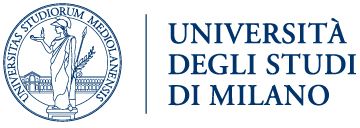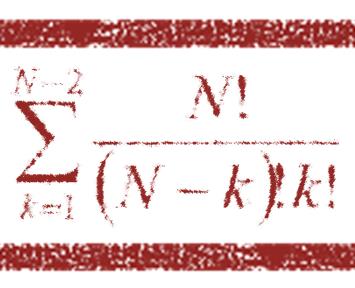Wet Aggregate Stability Index: precision assessment of Tiulin method trough an inter-laboratory test.
 |
2008 - Agrochimica, 52, 71-82 |
 |
Bocchi, S., Confalonieri, R., Frigeni, S., Morari, F., Patruno, A. |
Abstract:
To monitor the soil quality evolution nad provide practical management solutions, rapid and effective tests of soil status have to be identified and quantitative information about their reliability provided. In this study, the precision of the Tiulin method for soil wet aggregate stability index (WASI) was evaluated through an inter-laboratory test, according to the validation procedure proposed by ISO 5725. Precision was expressed in terms of repeatability (sr) and reproducibility (sR) standard deviations with related limits (r and R). Six different soils, collected from three Italian agricultural areas, with different organic matter and clay contents, were chosen and six measurement replicates were carried out for each combination of soil and laboratory. The values of sr and sR, obtained after the detection of outliers according to the Grubbs (outliers in the means) and Cochran tests (outliers in the variances), ranged from 0.92 to 2.93 and from 1.42 to 12.31, respectively. The corresponding r and R ranged from 2.57 to 8.22 and from 3.98 to 34.48. No significant correlations were found either between WASI and r or between WASI and R. On the contrary the relative standard deviation of repeatability was inversely correlated (R2 = 0.88, **p<0.01) with soil organic matter. The precision is within the range of other chemical and biological methods and can be considered satisfactory. The results obtained in this study have demonstrated the suitability of the Tiulin method as a standard for monitoring soil physical quality.
 |
Keywords: no keywords |
 |
DOI: no doi |
- Comparison of three calibration methods for modeling rice phenology
- A simple pipeline for the assessment of legacy soil datasets: An example and test with soil organic carbon from a highly variable area.
- A high-resolution, integrated system for rice yield forecasting at district level.
- Downscaling rice yield simulation at sub-field scale using remotely sensed LAI data.
- Analysis and modelling of processes involved with salt tolerance and rice.
- Estimating crop nutritional status using smart apps to support nitrogen fertilization. A case study on paddy rice.
- Development of generic crop models for simulation of multi-species plant communities in mown grasslands.
- Quantifying uncertainty due to stochastic weather generators in climate change impact studies
- Predicting rice blast disease: machine learning versus process-based models
- Boundaries and perspectives from a multi-model study on rice grain quality in Northern Italy.




